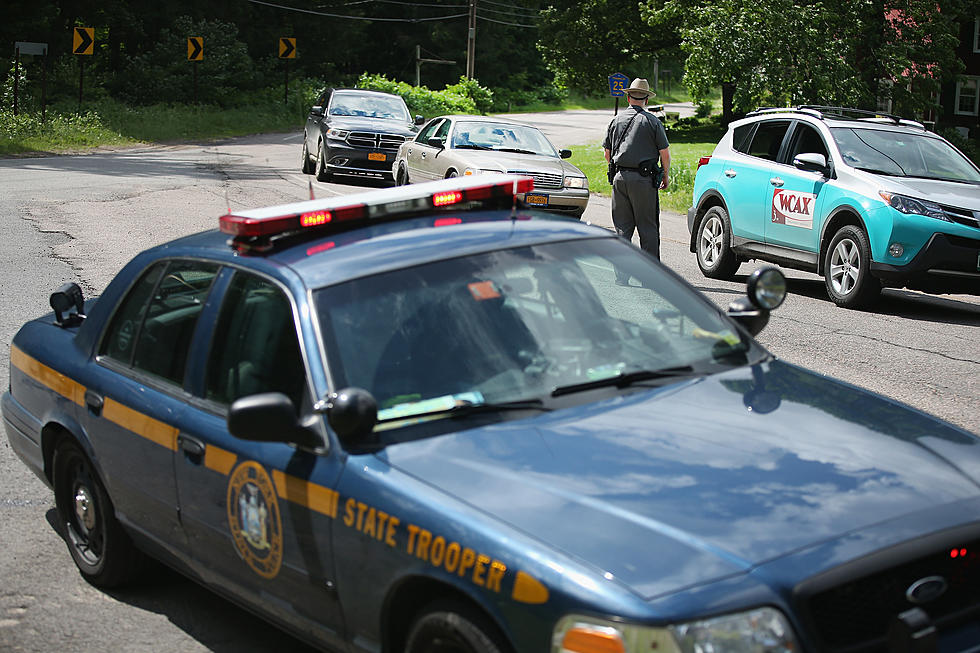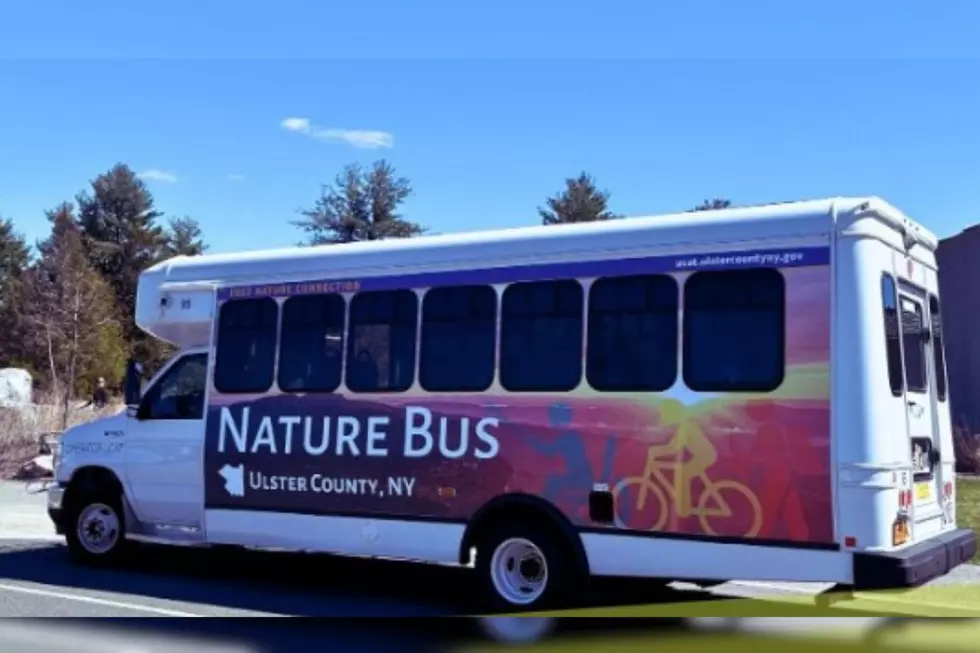
Can Police In New York State Search Your Car Without Consent Or A Warrant?
If you get pulled over in New York State, can police legally search your car without consent or a warrant? No one wants to get pulled over, but it's even worse if police demand to search your vehicle. Regardless of whether you have broken the law, it can feel like an invasion of privacy. What if you have personal items, that aren't illegal, but private in your vehicle? To have anyone, nevertheless, law enforcement, rummaging around through your stuff can be triggering.
Black And Latino People Majority Of NYPD's Arrests During Traffic Stops
People often say that racial profiling doesn't exist, but statistics often show that's a lie. According to the American Civil Liberties Union of New York, racial profiling is alive and well in New York City.
An NYCLU analysis of the vehicle stop data released by the department reveals that officers stopped close to one million people in 2022. The racially disparate outcomes of the traffic enforcement regime are disturbing. Nearly 60 percent of people stopped and 90 percent of those searched and arrested due to NYPD vehicle stops were Black and Latinx.
The NYPD was not ready and willing to share this data from 2022. The NYCLU had to sue them to get the information. It would seem that if they stood behind their legal reasons for the racial disparities, they would make it readily available, no?
According to the U.S. Census, the racial profile of New York City is as follows:
White alone, percent - 39.8%
Black or African American alone, percent(a) - 23.4%
American Indian and Alaska Native alone, percent(a) - 0.5%
Asian alone, percent(a) - 14.2%
Native Hawaiian and Other Pacific Islander alone, percent(a) - 0.1%
Two or More Races, percent - 7.1%
Hispanic or Latino, percent(b) - 28.9%
Can A Police Officer In New York State Legally Search Your Car?
If you end up getting pulled over for a "routine" traffic stop, can an officer decide to search your vehicle?
According to D'Emilia Law,
The United States Constitution’s Fourth Amendment guarantees security against unreasonable searches, seizures, and interceptions. In cases where the police have probable cause, they must “describe the place to be searched, and the persons or things to be seized.”
According to multiple New York law firms:
- A regular traffic stop is not cause for a vehicle search
- Police must have reasonable cause to have dogs sniff your vehicle
- Police must have probable cause to search your car, in addition to a traffic stop
- You do not have to consent to a search of your vehicle (anything discovered, if you do not consent, may be dismissed against you later)
- Police do not need a warrant to search your car
- If you are acting "suspiciously" police may search the "grabbable" area of the driver or passengers are sitting
- The trunk is generally not considered a "grabbable" area
- If a police officer has a warrant, they are allowed to search your vehicle
- If police conduct a search, do not interfere, whether you believe it to be legal or not, as you could be arrested
The NYCLU offers this advice,
If the police say they have a search warrant, ask to see it. If they don’t, say “I do not consent to this search.” Police cannot arrest or ticket you simply for refusing to consent to a search. This may not stop the search from happening, but it will protect your rights if you have to go to court.
What Is Probable Cause In New York State?
Unfortunately, many people have their rights violated because of the ambiguity of "probable cause." A police officer may consider something as probable cause using their judgment (regardless of whether it's due to racism, bias, corruption, etc.). This leaves interpretation very much wide open.
Attorney Kevin T. Conway says,
A probable cause must be present for a law enforcement officer to legally make an arrest or obtain an arrest warrant from a judge. However, the constitution, federal law, and New York law do not specify the exact way to measure this.
New York State considers probable cause to be evidence that would lead a police officer to reasonably believe that a specific crime has been committed. Evidence of probable cause can include hearsay (giving many Karens way too much power, IMO).
Legal Zoom says that police can search your locked trunk without a warrant if they have probable cause. However, it does say that a basic traffic infraction is generally not considered probable cause,
Ticketing you for turning right at a red light does not give an officer probable cause to search you or your car. Traffic violations are not inherently connected to any other criminal activity. This voids a claim of "reasonable suspicion" on the officer's part.
The moral of the story is, that a rogue police officer can most likely pull "probable cause" out of his or her you know what, if they really want to search your vehicle. There's basically nothing you can legally do at that moment to stop them. You can probably put up a good fight in court if you have money for a lawyer and time to spend. For those who don't, you are likely screwed in New York, if an officer illegally searches your vehicle.
**This article is not intended to provide legal advice or counsel.

If you're worried about police searching your vehicle (legally or illegally) in New York State, you might want to avoid committing any of the traffic violations below.



